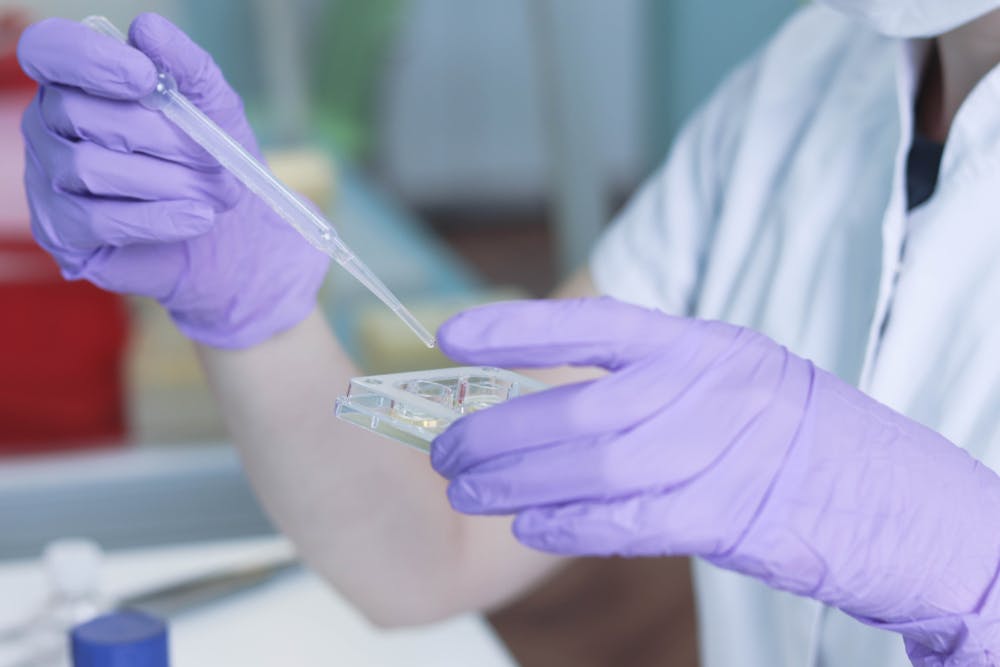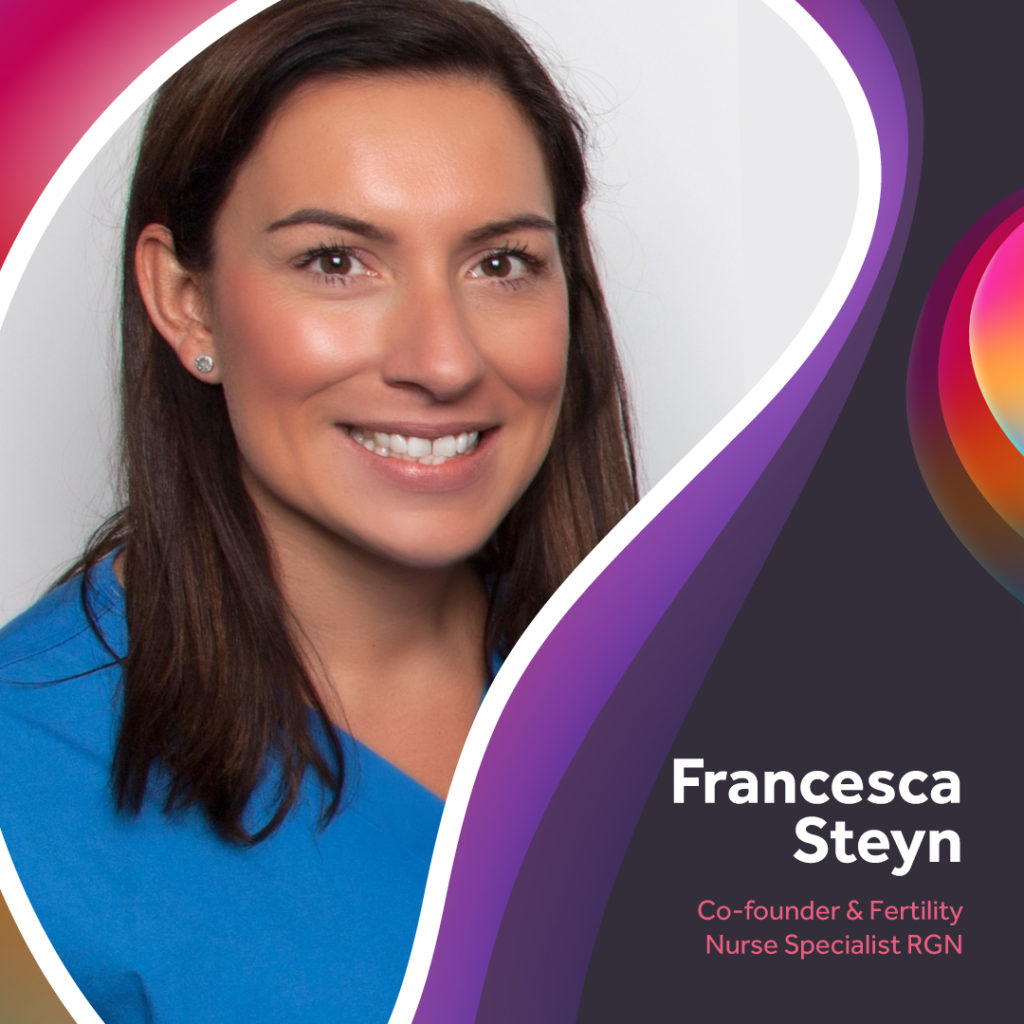
Fertility Advice that’s actually welcomed!
Quite often, those struggling to conceive are offered unsolicited, unhelpful and the majority of the time – offensive and useless advice. This is why, as part of our regular ‘Fertility Nurse – question time’, you get to ask me anything. Absolutely anything.

I’m Francesca Steyn and I’m a Fertility Nurse and co-founder here at My Surrogacy Journey. I’m an LGBTQ ally, Known Egg Donor and Surrogacy fanatic. My work over the years has led to improvements in policy and I have implemented leading UK Surrogacy programmes for UK fertility clinics.
So we asked readers, followers and those of you either on a Surrogacy or fertility journey to submit your questions. Here are the questions and responses below.
Question time!
Foods, vitamins and other supplements – which are best for improving egg and sperm quality?
This is something that fertility nurses get asked all the time and there are a lot of (fairly expensive) supplements out there that claim to boost our fertility. The most important things that we can do in terms of improving egg and sperm quality and getting us in the best shape possible for treatment are:
- Eat a well balanced diet and try to limit sugar and unhealthy fats
- Reduce caffeine intake
- Limit alcohol intake
- Stop smoking (including vaping)
- Take a multivitamin that contains zinc, vitamin C and Vitamin D (for men)
- Take a preconception vitamin that contains Folic acid and Vitamin D (for women)
- Be active

Pros and cons to medicated/unmedicated cycles (with quantitive and qualitative evidence).
There is little or no evidence to support that unmedicated transfer cycles are more successful than medicated transfer cycles. It really comes down to the preference of the team and on the advice of your doctor and clinic.
Some surrogates will have a medical history such as irregular cycles which means that it may be difficult to track cycles. Therefore difficult to pinpoint ovulation and when the embryo transfer should be performed, which is why a medicated cycle will be advised. I have outlined the main differences between the two. Please also note we have a webinar on this very topic. Check the events section by clicking here:
Natural transfer cycle – works with the natural cycle and relies on a surrogate to track her cycle and for ovulation to occur. Once ovulation has occurred then an embryo transfer can be planned. This may be a preferred option for teams that want to limit the amount of medication taken in a cycle or when a surrogate may have difficulties tolerating certain medications. It heavily relies on the self tracking of ovulation and if for any reason a surrogate has an irregular cycle or misses ovulation in the treatment month, then the transfer wouldn’t be able to go ahead and the team would need to plan again for the next month.
Medicated transfer cycle – hormone medications are prescribed in order to stimulate the womb lining to thicken so that embryos can be transferred. The cycle is tracked and monitored by scans and when the lining of the womb is optimal, an embryo transfer is planned. This may be the preferred option for teams that want to be able to manage the timeline for their transfer and ensure that there is no risk of a missed ovulation cycle (in a natural transfer). Of course this may need further discussion if as a team you are not keen on taking hormones.
Broadly speaking, what are the parameters for a ‘yes’ to go to transfer?

Hormones levels, lining thickness and quality. The lining of the womb need to have thickened – usually to 8mm or more. There also needs to be a good blood supply to the womb lining. The lining also needs to be intact and have no evidence of polyps (similar to skin tags) or any unusual fluid in the lining.
What are the potential implications if you transfer outside of those parameters? (Failed cycle, bleeding, ectopic, miscarriage etc)
A transfer shouldn’t be planned if the lining is not optimal.
What can a Surrogate do to help support a transfer?
A surrogate can ensure that she eats and drinks well, takes a conception vitamin, gets light exercise such as walking which will benefit circulation but also help with the emotional side of treatment.
How can we support our surrogate post transfer?
By checking in on your surrogate and communicating as a team. Throughout the 2 week wait you will be supporting each other through a tricky time. You’ve got this.
Have anything you want to ask me?
If you’d like to submit more questions for April’s ‘The Journey’ email this to contact@mysurrogacyjourney.com marking the subject ‘Ask Francesca!’





